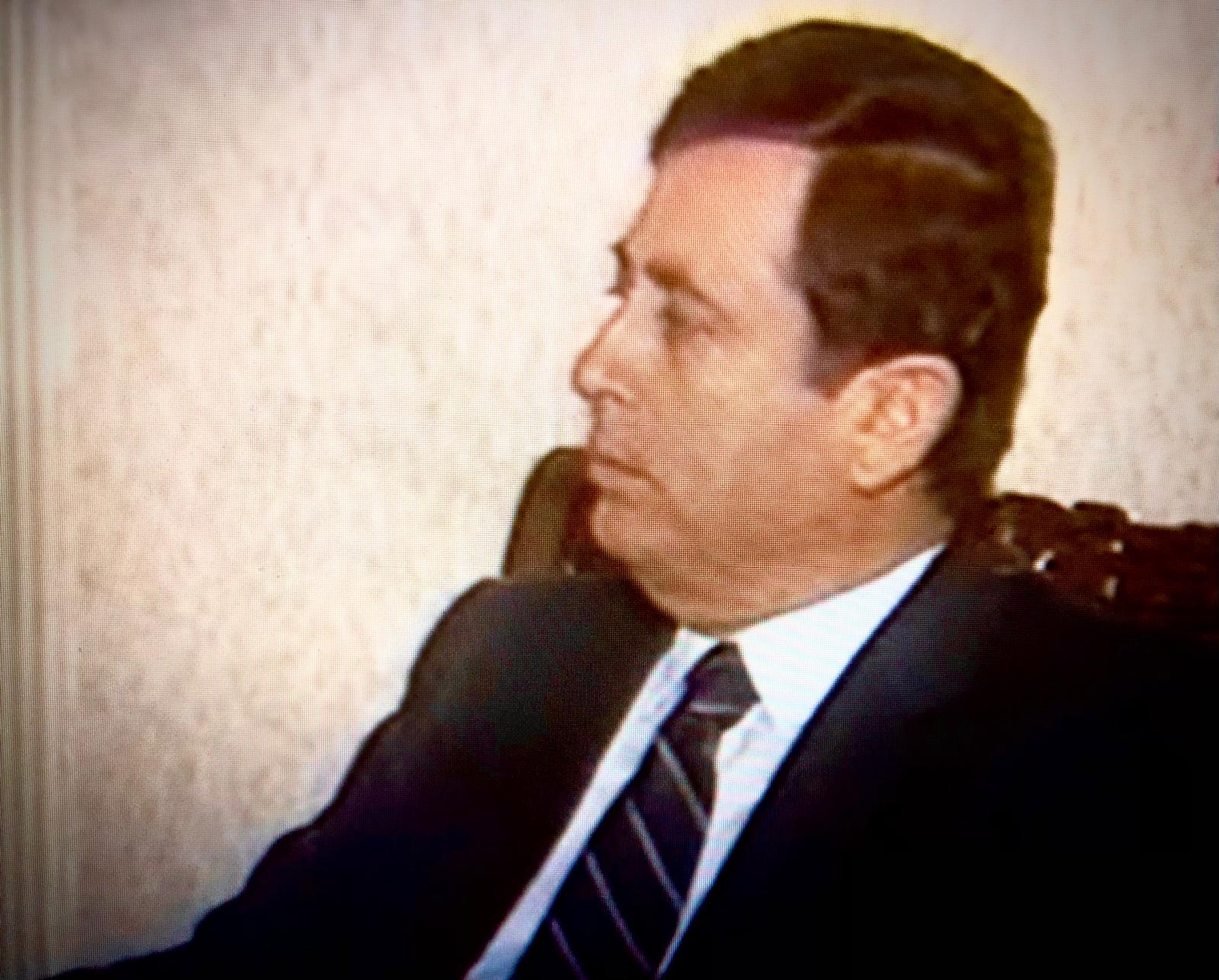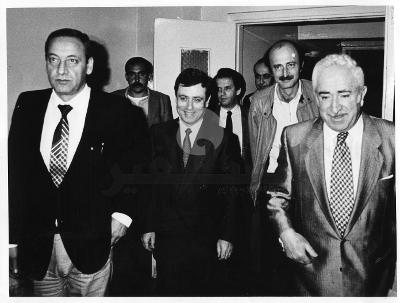Syria expressed strong opposition Friday to an eight-point Lebanon peace plan accepted by Lebanese President Amin Gemayel, calling it an ‘obvious deception.’
The Syrians expressed displeasure over the plan as the Lebanese government announced in Beirut that it was accepting it but that both Syria and Israel had veto power over its implementation.
The plan, worked out by Saudi Arabia, is meant to end months of fighting pitting Moslem Druze and Shiite Moslem rebels against the Lebanese army and Christian Phalangist militiamen.
The plan provides for the simultaneous withdrawal from Lebanon of Syrian and Israeli troops.
‘How can Lebanese citizens be proper Arabs if they must deal with Syria and the Israeli enemy on an equal footing,’ complained Syrian Foreign Minister Abdul Halim Khaddam.
Khaddam, in remarks monitored in Amman, also said the plan contradicted agreements worked out at peace talks in Geneva in November between Lebanon’s warring factions.
The Syrian foreign minister spoke to reporters at Damascus airport, where he welcomed the Saudi foreign minister, Prince Saud Faisal, who came to formally present the eight-point plan to the Syrian government.
The plan calls for the abrogation of the Israeli-Lebanese treaty of May 17, which Syria and the Lebanese rebels it supports had opposed in part because it provided for eventual normal ties between Beirut and Jerusalem.
‘Amin Gemayel’s proposals are an obvious deception and constitute an implementation of the May 17 agreement rather than abrogation of it,’ state-run Syrian television quoted an official source as saying.
The television refered to the plan as ‘Gemayel’s proposals’ — not the Saudi proposals — in an attempt not to embarass the visiting Saudi foreign minister.
Nonetheless, the official source’s statements represented a snub for the Saudis because they were aired following a meeting between Khaddam and his Saudi counterpart.
Syrian-supported Druze chieftain Walid Jumblatt, Gemayel’s most outspoken foe, said the Lebanese government agreement to the Saudi proposals represented ‘too little … too late.’
Jumblatt again demanded Gemayel resign. The demand was angrily rejected by Lebanese Foreign Minister Elie Salem, who said at a news conference in Beirut that Gemayel ‘enjoys the full suport of the Lebanese population.’




